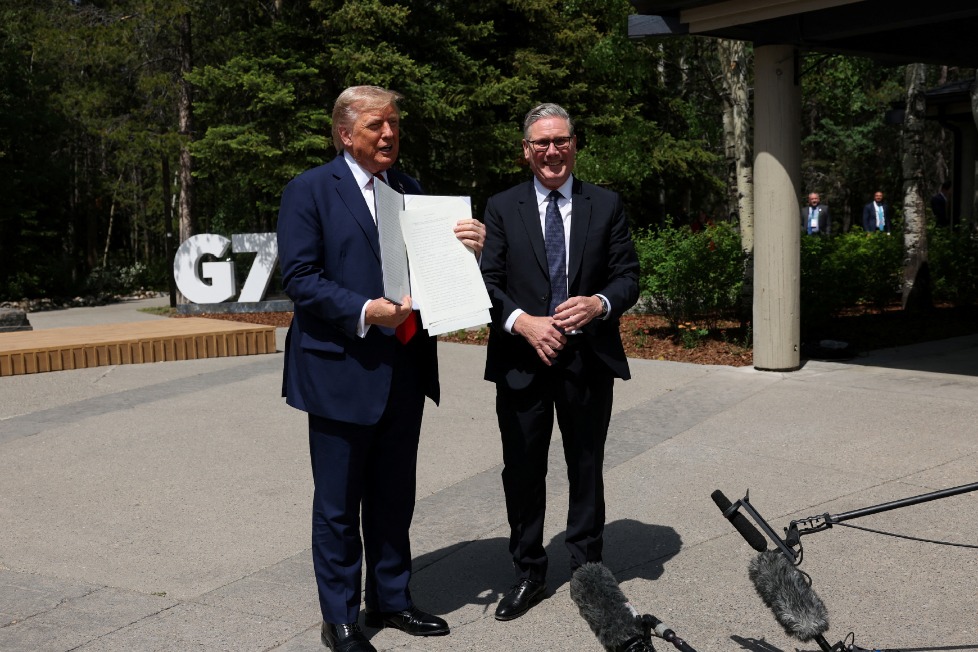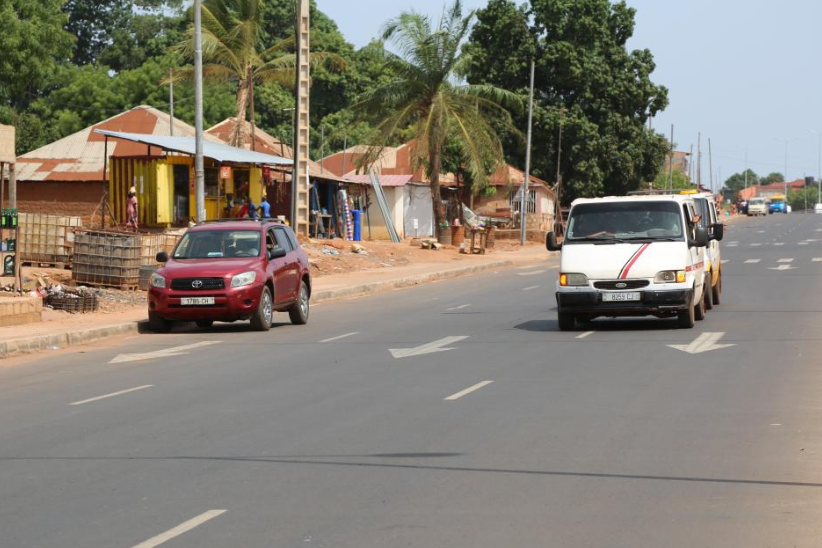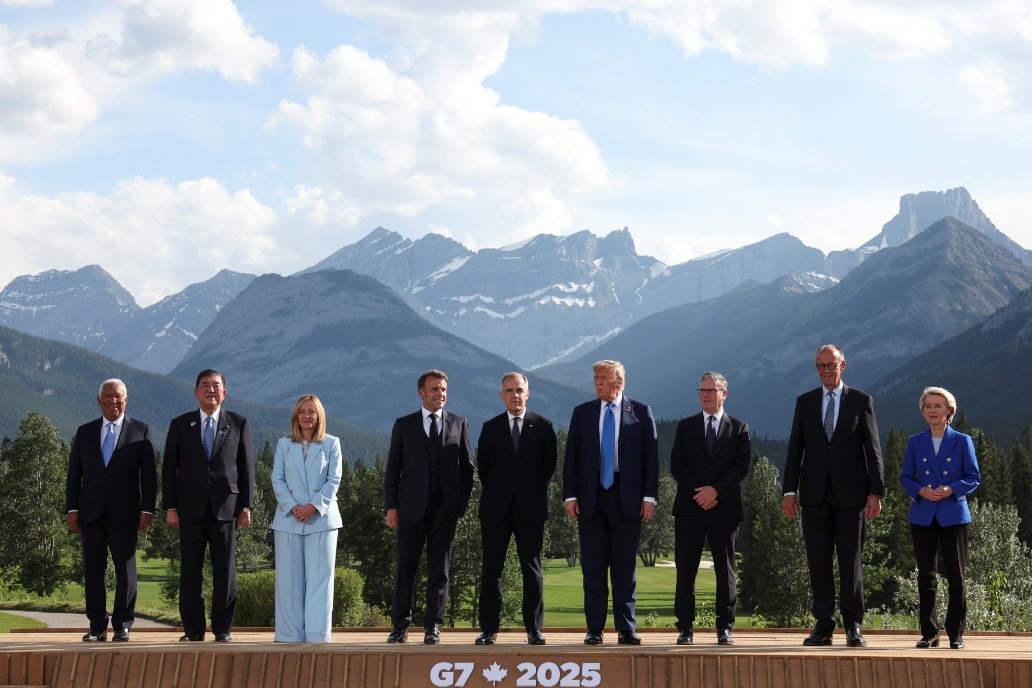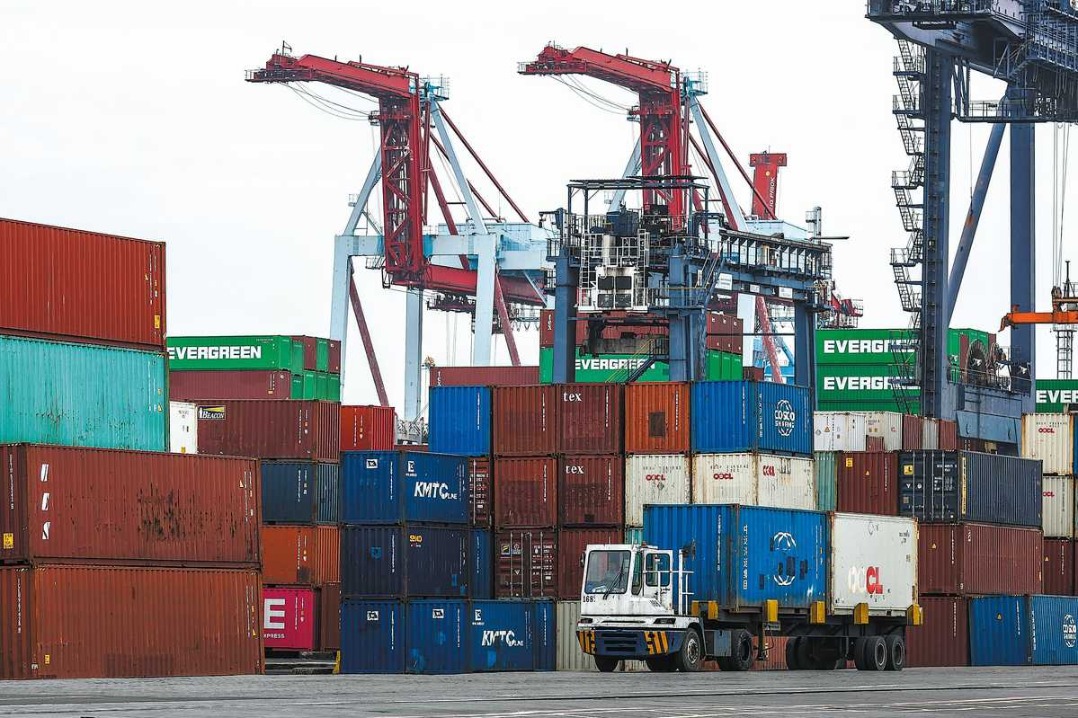Two sessions a significant opportunity for rural vitalization


The second session of the 14th National People's Congress, China's top legislative body, will convene on Tuesday in Beijing, and Premier Li Qiang will present the Government Work Report at the annual meeting. His speech is expected to elaborate on the government's targets for China's economic growth and its broader strategy for economic and social development and foreign policy for the year ahead.
In addition, the NPC will hear a report on the implementation of the 2023 plan for national economic and social development and review the 2024 draft plan for national economic and social development.
One area that will warrant particular focus during the two sessions — the annual meetings of the nation's top legislative and political advisory bodies — is China's continuing pursuit of rural vitalization. The two sessions will provide a significant opportunity to push rural vitalization forward.
The rural vitalization strategy has been one of President Xi Jinping's hallmark campaigns since taking office and forms a substantial part of China's push for common prosperity, a moderately prosperous society in all respects for the new era, and attaining the goal of socialist modernization.
For over two decades, the government's annual No 1 Central Document has focused on the three rural issues of agriculture, rural areas and farmers. The 2024 document, released in early February, emphasizes several priorities to further promote rural vitalization. These include ensuring national food security, preventing a return to poverty, enhancing rural industries' development, improving rural construction, strengthening rural governance, and reinforcing the leadership of the Communist Party of China in agricultural work.
As a part of China's comprehensive rural vitalization, this year's document continues to call for promoting the integration of primary, secondary and tertiary industries in rural areas in order to vitalize the rural economy and create jobs and incomes for rural residents. The document also calls for an upgrading of agricultural product processing, and strongly recommends high-quality rural logistics distribution to support the rural digital economy. We might expect substantial deliberation during the two sessions on how to best put the No 1 Central Document's priorities into action.
One initiative that will see proposals for legislation is an expansion of the "Thousand Villages Demonstration, Ten Thousand Villages Renovation" project, which was personally planned and implemented by Xi Jinping in 2003 when he was Party secretary of Zhejiang province.
I also anticipate that the two sessions will discuss legislation and policies aimed at expanding the project with an eye toward not only benefiting farmers, but also providing a role model for promoting comprehensive rural vitalization throughout China.
Related to this, the two sessions will likely deliberate on legislation seeking to improve sewage and waste treatment systems and rural toilets, and establishing a rural sol-id waste classification and disposal system. Furthermore, we will probably see legislation aimed at improving rural water supply networks, the rural power grid, roads and bridges, expanding the development of earthquake-resistant rural houses, and boosting rural broadband internet access. Additionally, there will likely be discussion of improving rural public education, township health service centers and village clinics.
Amid concerns about income inequality created by four decades of growth, the Communist Party of China has focused greater attention on the nation's rural population and rural economic development, with an eye toward vitalizing the countryside. Specifically, while there has been substantial improvement in the living standard of the rural population — particularly the elimination of extreme poverty — China's leaders, including legislators participating in this year's annual NPC gathering, continue to consider rural development and prosperity to be the No 1 long-term economic issue for the nation, now and for the foreseeable future.
The author is a professor of political science at the University of Texas at San Antonio.

































